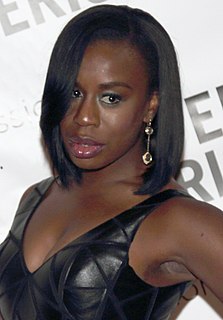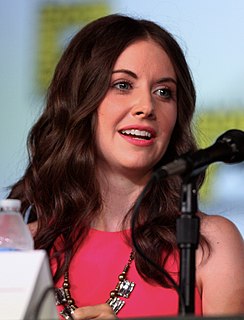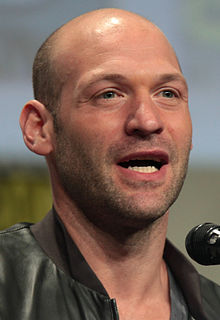A Quote by Uzo Aduba
The first information I consume in the morning is probably 'The New York Times' and then my Twitter feed. I think Twitter is a really fascinating, easy way to stay on top of what stories are out there.
Related Quotes
I just got on Twitter because there was some MTV film blog that quoted me on something really innocuous that I supposedly said on Twitter before I was even on Twitter. So then I had to get on Twitter to say: 'This is me. I'm on Twitter. If there's somebody else saying that they're me on Twitter, they're not.'
Everything I learned and didn't do in New York I would put into place here in the London West Hollywood. It's fascinating, when you look at the critics' reviews, and we had a great one in the New York Observer and all that, and then the New York Times came and it was a devastation; two stars out of four. They said that I played safe because it wasn't fireworks. Then they judged the persona over the substance that was on the plate.
When you think about email or IMing, why aren't you writing back? I can see your avatar, I know you're online, why aren't you writing me back? But with Twitter, everybody sends their responses to Twitter, and Twitter then sends them out to everyone. So there's not this constant connection. You can be hyperconnected, then you can take a break for a couple days and it's fine.
The thing I really like about Twitter is the speed with which information reaches me. You find out things from Twitter long before they're on the news. That I think is valuable. In terms of actually tweeting myself, I have just lost enthusiasm for it. Maybe I'll do some of it this week to tell people about the PEN Festival and encourage them to show up.



































